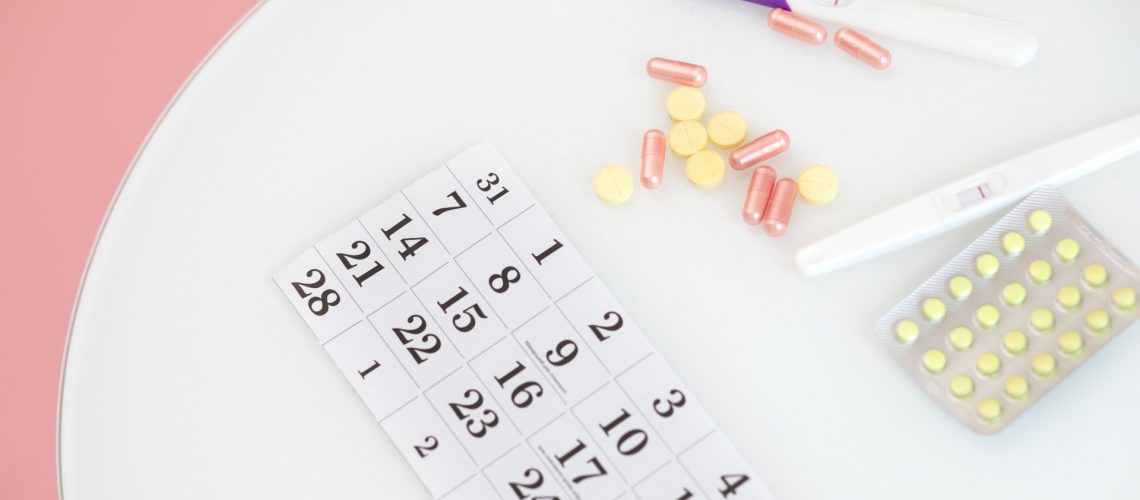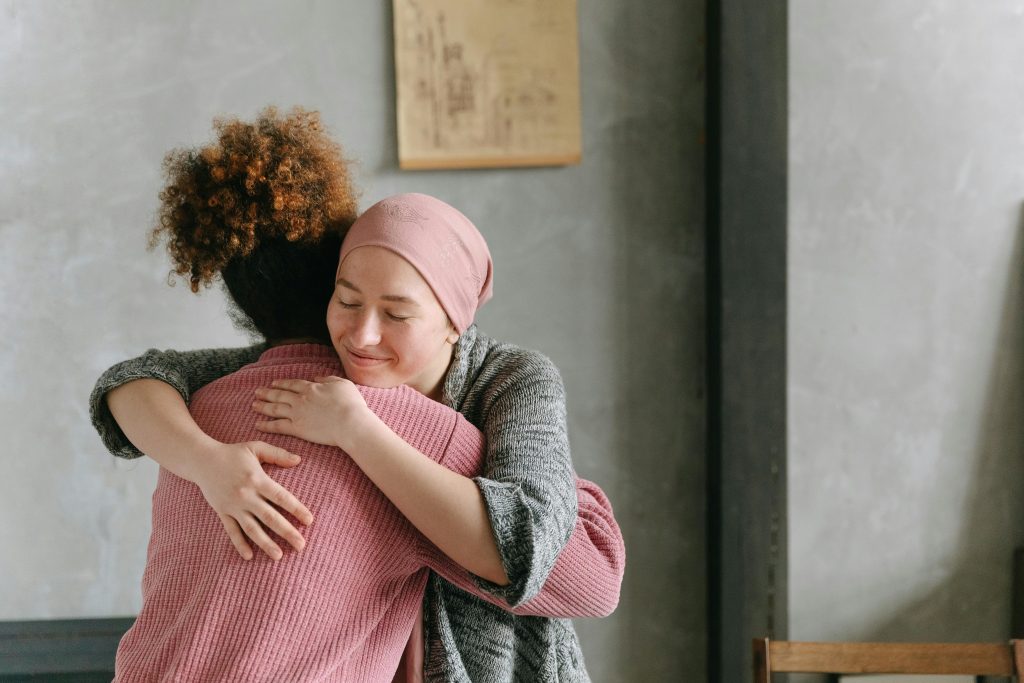Secondary infertility is a silent struggle for many couples trying to conceive after already having one child. While primary infertility (people who can’t successfully conceive) is well-known, secondary infertility is just as common but often flies under the radar.
According to experts, if you’ve given birth before successfully (and not via IVF or other medical interventions), a year of trying unsuccessfully means you’re likely dealing with the condition.
What Causes Secondary Infertility?
There is a myriad of reasons that you could be unsuccessful in getting pregnant the second time around. For one, an Indian study found that women with “secondary infertility were more than four times more likely to have a gynaecological problem(s) than their fertile counterparts”.
That’s because post-birth, problems can arise in the reproductive organs. Scar tissue from birth the first time around can cause blockages that hamper conception.
Infections, like those from an STD, can also cause issues that hamper conception. One Ethiopian study found that having had an abortion ups the risk factor for secondary infertility, along with puerperal sepsis (infections following childbirth) and pelvic inflammatory diseases. Even after giving birth, conditions like PCOS, endometriosis and fibroids can affect your ability to get pregnant again.
For men, declining testosterone levels due to ageing can affect sperm production. Blockages in the reproductive tract can also affect the sperm’s successful journey.
For both people, lifestyle changes can also impact fertility, including weight changes and smoking.
Secondary Infertility Treatments
It’s always a good idea to get a pre-pregnancy check when you’ve decided to expand your family through intercourse. A check-up can reveal anything that could be hampering your conception efforts.
Treatment could include an intervention for the specific condition messing with conception: surgery could be an option if there is a blockage, while for others, ovulation-inducing medication would work. There are other fertility-enhancing methods that a doctor can advise – and Zoie has fertility experts who you can speak to, too!
However, there are cases where couples didn’t have any detectable condition underlying the secondary infertility. Interestingly, a Fertility and Sterility study found that among these couples who were dealing with secondary infertility (with no detectable condition), the ones who attended psychotherapy were more likely to become pregnant than those who hadn’t. If you and your partner are taking strain, consider a therapist – not only could it help you conceive, it could do wonders for your marriage and your family. You can book a session through the Zoie app.









